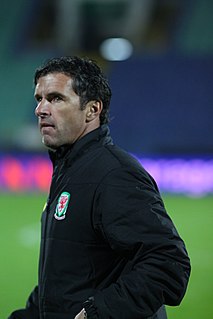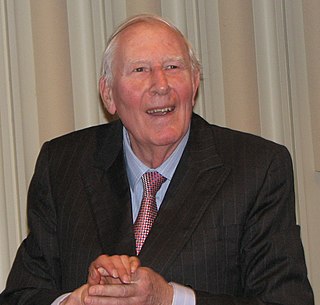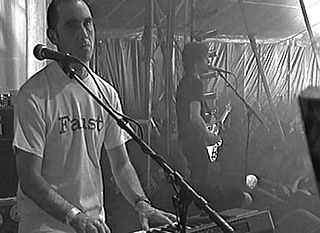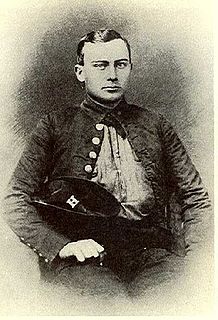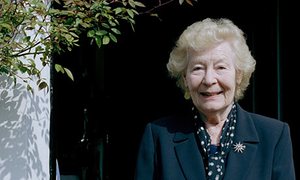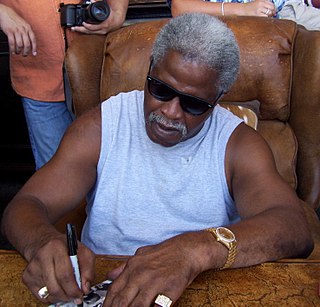A Quote by Luke Evans
From the big mountains in the north to the valleys in the south, all through my childhood and teenage years, my family would always holiday in Wales.
Related Quotes
I've traveled everywhere, and it's been amazing. I used to think taking a flight was kind of a big deal, you know? I'm from the valleys of South Wales and when my family used to go on holiday, it was a big thing. Packing the bags, checking in, not losing your passport, going through customs, the X-ray machine, all that stuff used to be quite an intense thing. Now it's like catching a bus, I don't even think about it.
Southern Kordofan is not a disputed territory. It is, and will remain, in the north, where the Nuba Mountains are. People believe there was a genocide there in 1990s. The Nuba, who are northerners, fought with the south in the north-south war. But they have their own individual interests, and they will remain in the north after the south splits.
We have heard all of our lives how, after the Civil War was over, the South went back to straighten itself out and make a living again. It was for many years a voiceless part of the government. The balance of power moved away from it--to the north and the east. The problems of the north and the east became the big problem of the country and nobody paid much attention to the economic unbalance the South had left as its only choice.
My mother married again after my father's death - another Royal Air Force officer, and a very different kind of man. We went to Australia when I was eight or nine. We lived there for a couple of years, and then came back and lived in North Wales for the whole of my teenage years... I learned how to write poems quite a lot. I just had a good time reading and reading and reading. So that's where I did most of my growing up.
In contrast, Western historians, and those in South Korea, say the North attacked the South on June 25, 1950. Both sides agree that after the war began, the North Korean Army captured Seoul in three days and pushed as far south as Pusan before American troops arrived to drive back the North Koreans nearly as far north as the border to China.

